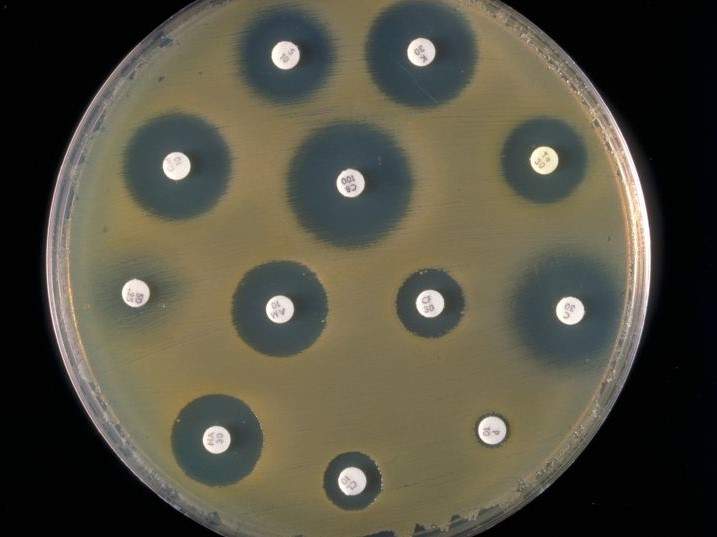
Researchers from Lehigh University in the US have designed a new possible solution for antibiotic resistant bacteria by combining antibiotics with the exploitation of the body’s immune response.
The new technique is called immunobiotics, or bacterial immunotherapy. It focuses on flagging up gram-negative bacteria, which include difficult-to-treat and often antibiotic resistance pathogens, such as E.coli and Pseudomonas aeruginosa.

Discover B2B Marketing That Performs
Combine business intelligence and editorial excellence to reach engaged professionals across 36 leading media platforms.
The process involves attaching antigenic epitopes (the part of bacteria recognised by the immune system as foreign) to a polymyxin B (PMD) antibiotic, which inherently attaches to gram-negative pathogens.
Lead author of the study, Lehigh University assistant professor of chemistry Marcos Pires said: “To target these bacteria, we turned to an old class of antibiotics known as colistin. Colistin is a last-resort antibiotic. It just so happens that it destroys bacteria by landing on its surface. We modified colistin with an agent that attracts antibodies onto the surface of the bacteria and built a compound that both directly kills bacteria and at the same time induces an immune-response.”
This is not the first attempt trialled by Pires’ team. A previous technique, which involved placing epitope’s on gram-positive bacteria, which are generally susceptible to antibiotics, was found to be ineffective with gram-negative pathogens because they have a tougher cell wall.
The immunobiotic was studied on several types of difficult-to-treat bacteria grown in human serum, as well as on nematode worms. The drug caused a significant decline in the number of live bacteria without damaging human cells. The molecules the drug attaches to on the bacteria do not exist on human cells, meaning it should not have toxic effects.

US Tariffs are shifting - will you react or anticipate?
Don’t let policy changes catch you off guard. Stay proactive with real-time data and expert analysis.
By GlobalDataThe researchers also tested the drug in combination with antibiotics that many of the bacteria have become resistant to. Results from this study suggest that the immunobiotic could increase the effectiveness of older drugs and re-sensitise resistant bacteria to antibiotics.
Following promising early results for the bacterial immunotherapy, the next stage will be to refine the drug and test it on more complex animals. Pires said: “With this one-two punch against these difficult to kill bacteria, we believe there is great potential for in vivo testing to evaluate them further.”
The World Health Organization (WHO) has classified antibiotic resistance as one of the ‘biggest threats to global health’ today. According to January report by its Global Antimicrobial Surveillance System, 500,000 people in 22 countries are affected by antibiotic resistance, which the WHO concluded represented ‘widespread occurrence’.
The Centres for Disease Control and Prevention had a larger estimate, reporting that two million people in the US are infected by antibiotic resistant bacteria every year and 23,000 people died as a result.





